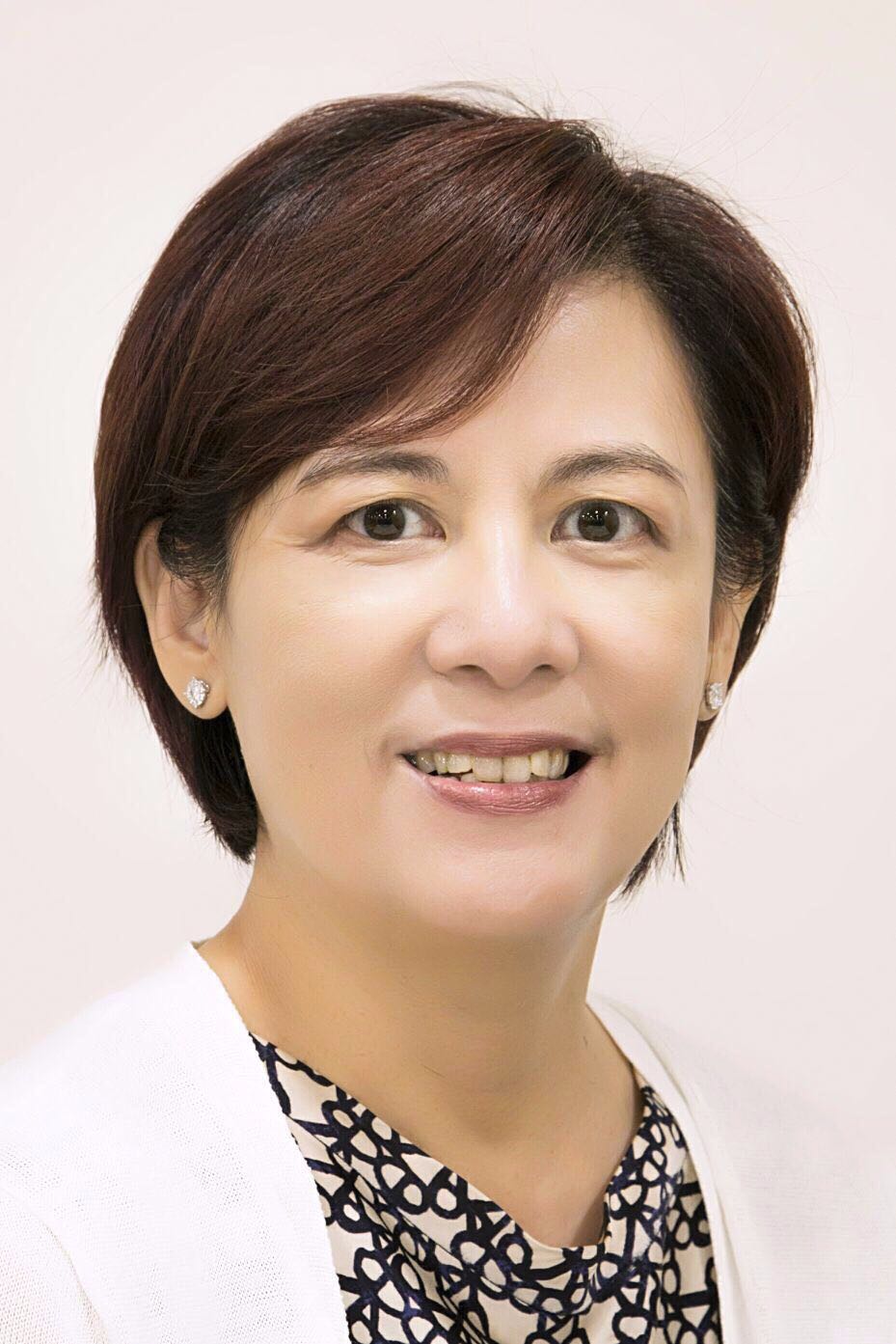XI NIS International Research-to-Practice Conference
Inspirational Speakers

Keynote Speakers
Catherine Chan
Prof. Catherine K K Chan rejoined the Faculty of Education, The University of Hong Kong as Professor of Practice in 2018 after serving for eighteen years as Deputy Secretary and Principal Assistant Deputy of the Education Bureau, Hong Kong SAR, China.
Benefiting from the experiences of an academic before, she has put theories to practice in policy-making, implementation and evaluation. She led Hong Kong’s Learning to Learn curriculum reform in basic education that had started since 2002, and other initiatives such as gifted education, assessment reform, information technology in education. She also coordinated the implementation of the New Academic Structure at senior secondary level, innovated coherent support strategies for teachers and schools, partnered extensively with stakeholders, and communicated the articulation of post-secondary pathways to Hong Kong, the Mainland and overseas. The reforms have made significant positive impact at student, teacher and school levels. She aspires to use and conceptualise the reform experiences, to enrich the teaching profession, to inform and catalyze research, and to enable knowledge transfer beyond boundaries. Prof. Chan started her career as a school teacher and school inspector.
